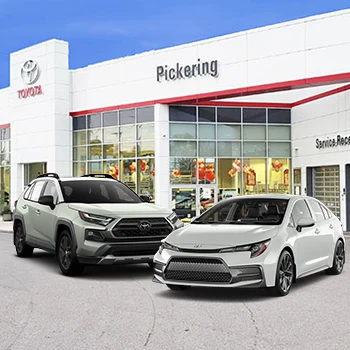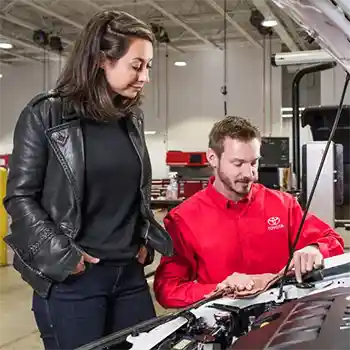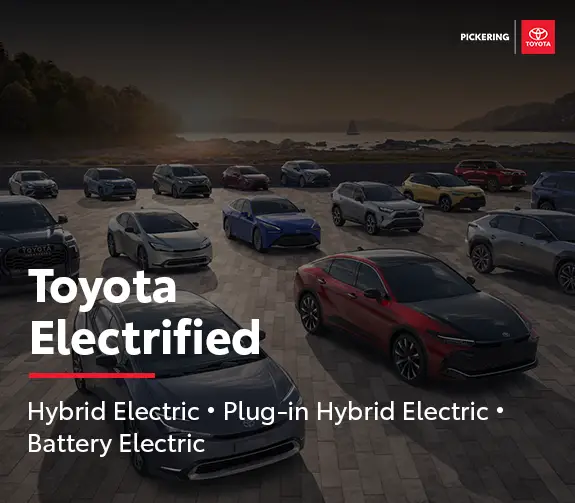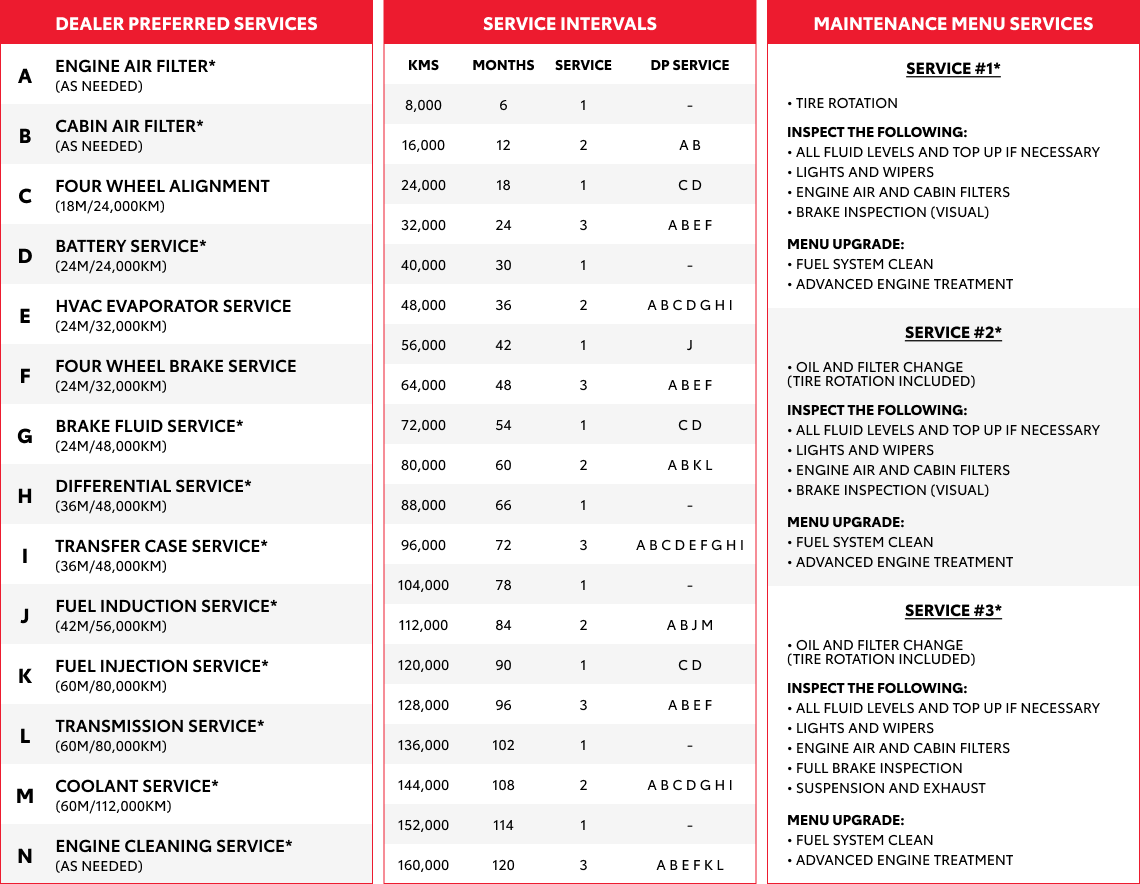557 Kingston Rd, Pickering, ON L1V 3N7Visit Us | Sales: 905-420-9000Call Sales | Service: 905-420-5788Call Service | Parts: 905-420-1411Call Parts
Technology & Safety
Tire Centre Toyota Multimedia Safety Technology Toyota Genuine Parts Toyota Touch Detailing
2026 GR Supra

2026 Crown

2025 GR86

2025 GR Supra

2025 GR Corolla

2025 Corolla

2025 RAV4

2025 RAV4 Plug-in Hybrid

2025 Highlander

2025 Sienna

2025 Land Cruiser

2025 Sequoia

2025 Tundra

2025 Crown Signia

2025 Corolla Hatchback

2025 Crown

2025 Camry

2025 Prius

2025 Prius Plug-in Hybrid

2025 Corolla Cross

2025 Grand Highlander

2025 4Runner

2025 Tacoma

2024 Tacoma















